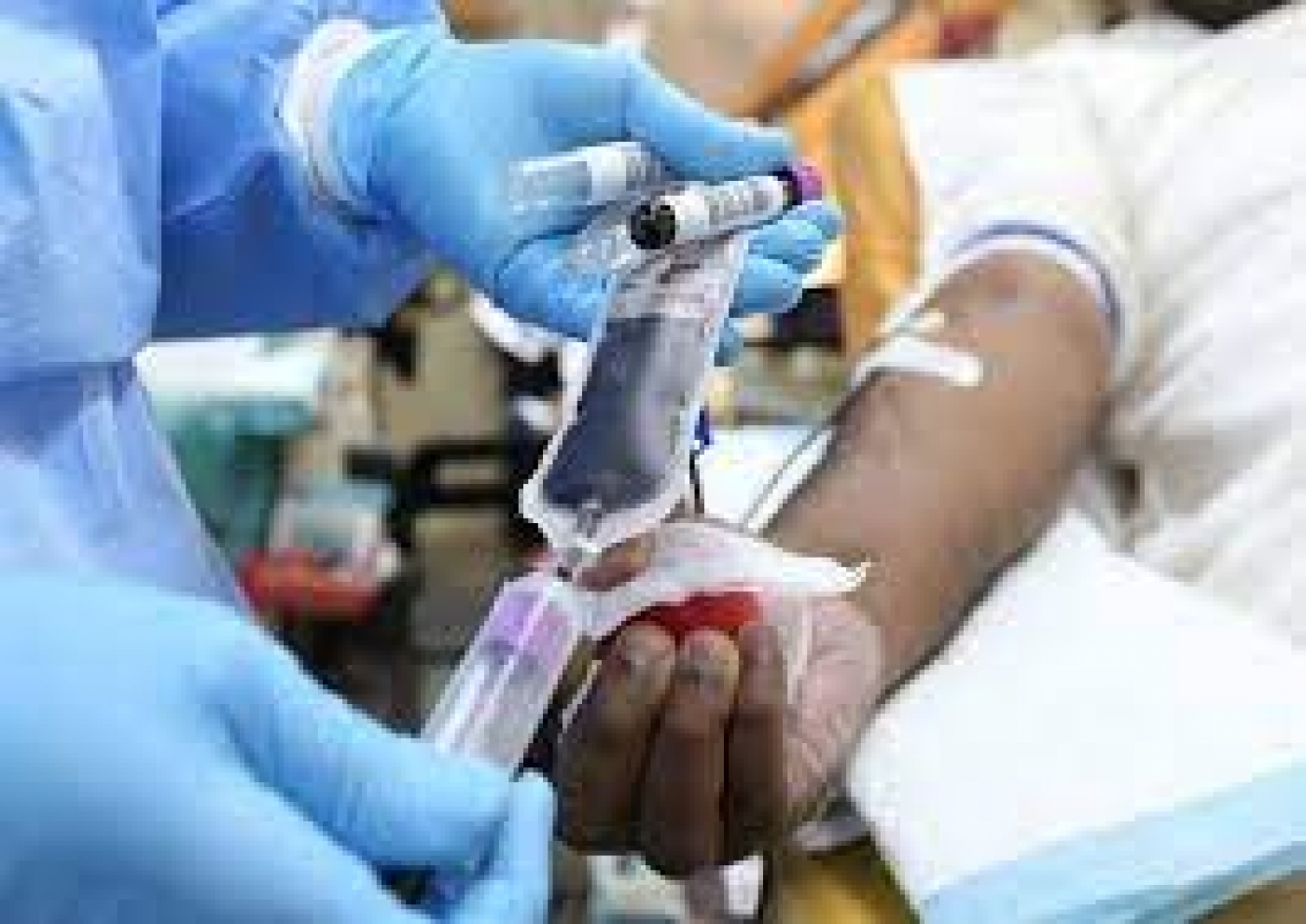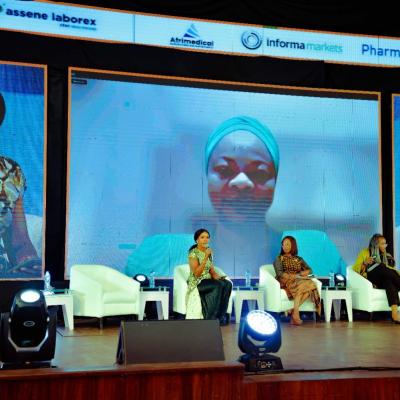He said, “Nigeria requires a minimum of 1.8 million units of blood per year to meet the blood transfusion need of its citizens. Unfortunately, the country has one of the lowest voluntary blood donation rates globally, with only 10 per cent of the blood supply coming from voluntary donors.
“60 per cent comes from family replacement donors, while 30 per cent comes from paid blood donors. Therefore, strategies aimed at promoting voluntary blood donation are needed in Nigeria to increase the availability of safe blood and meet the high demand for blood transfusion.”
Prof. Muhibi said the demand for blood transfusion in Nigeria is high, noting that the country had one of the highest maternal mortality rates globally and the prevalence of diseases such as malaria, which requires blood transfusion.
Earlier, the Vice Chancellor of the institution, Professor Emmanuel Aluyor, said the lecture was meant to highlight the importance of promoting voluntary blood donation and a sustainable blood transfusion system in the country.
source: healthwise.punchng.com










